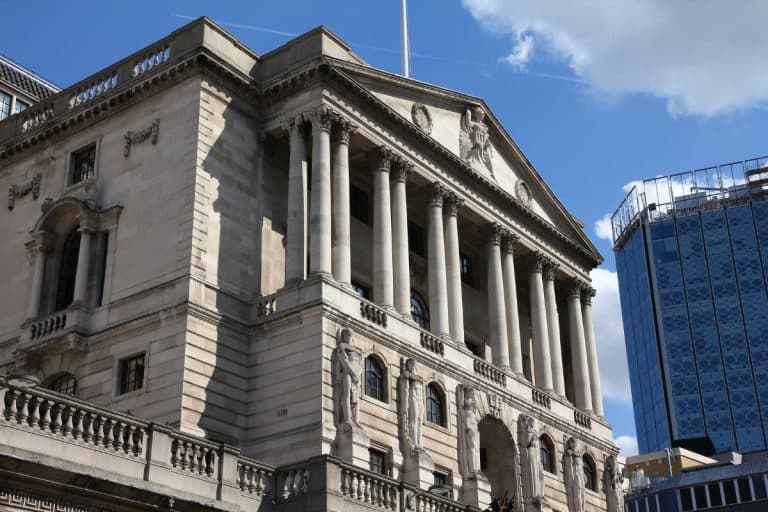After predicting a recession as recently as February, Bank of England (BoE) now says the economy is most likely to avoid a contraction this year.
The bank’s monetary policy committee now sees the path of demand to be “materially stronger” than in the February Report, albeit still subdued by historical standards, media reports said.
“The improved outlook reflected stronger global growth, lower energy prices, the fiscal support in the Spring Budget, and the possibility that a tight labour market would lead to lower precautionary saving by households,” BoE said in a statement.
The UK central bank also hiked its key interest rate by 25 basis points to 4.5 percent, the highest level in almost 15 years, as it bids to cool sky-high inflation.
The bank said in February that it expected GDP to fall slightly throughout 2023 and Q1 of 2024 as high energy prices weigh on spending.
“This forecast is consistent with the technical definition of recession which is at least two quarters of falling output,” it had said.
The central bank staff now expects underlying UK GDP to grow by around 0.2 percent in both 2023 Q1 and Q2, compared to expectations in the February report of negative growth.
The bank also said the unemployment rate is now projected to remain below 4 percent until the end of 2024, before rising over the second half of the forecast period to around 4.5 percent.
The BOE’s unprecedented string of 12 consecutive rate hikes has pushed mortgage costs higher.
Though the UK central bank no longer predicts recession, it now expects inflation to fall slower than it had hoped, mainly due to the unexpectedly big and persistent rises in food prices.
The bank said that CPI inflation was 10.2 percent in 2023 Q1, higher than expected at the time of the February meeting.








